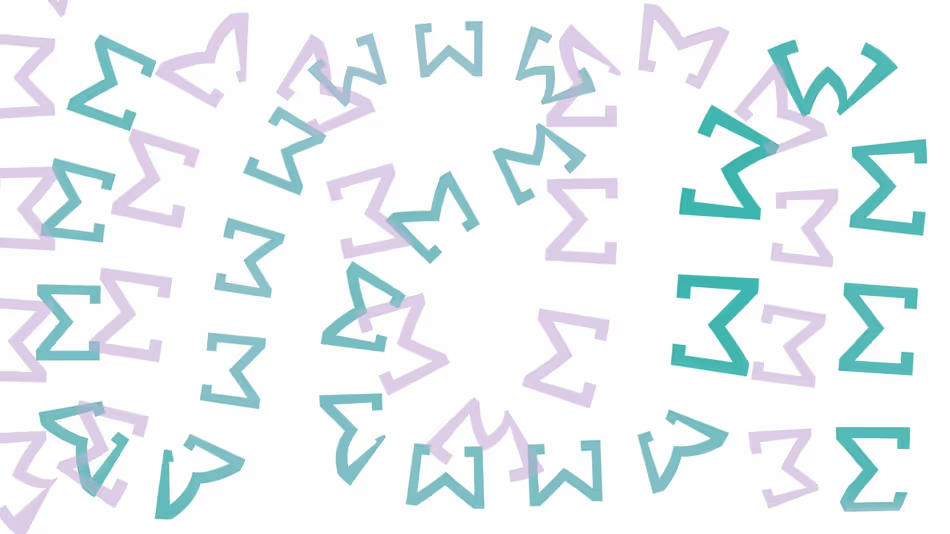I’m fortunate to have the chance to write for the Fancy Comma blog. Where I’ve written about my experiences in math communications and freelance writing. I continue to encourage more scientists to start blogging and vlogging. That includes my friend Sheeva Azma who has her own YouTube channel for her science communcations work. I’d like to introduce you to Sheeva in her own words.
Interview with Sheeva Azma
- Did you always want to do science communications? Or did you have something else in mind?
Growing up, I dreamed of becoming a brain surgeon. I studied neuroscience at MIT and Georgetown, and left my PhD program with a Master’s when my research didn’t work out. That’s when I got into freelance science writing. At first, I was just writing to pay the bills. I felt very weird working as a writer when all my friends who studied STEM were becoming doctors and scientists. I didn’t mean to become a writer, at all, but now I can’t imagine myself doing anything else. You can learn more about my journey to science writing in my Xylom article.
- Why did you start the Fancy Comma blog?
I started it in 2020 when I launched Fancy Comma. After 7 years of being a science writer, I realized I had a unique view of science — one most people, including scientists themselves, do not have. My goal was to create a platform where we could discuss the far-reaching impacts of science in marketing, communication, journalism, and policy. We now also have a social media presence, including a YouTube channel!
- What was your first freelance writing gig like?
My first freelance writing gigs paid so little — $9 here, $25 there. I was so excited to get my first job that the pay did not matter to me — I spent a week working on a bio for a psychologist for which I got a measly $100. I found it cool to get paid just to write!
- What is your favorite project you have worked on?
From January to March of 2024, I worked with Science Friday to create a neuroscience escape room called Hack Your Brain. My role as developmental editor was just to provide ideas to shape the activities and the overall themes. I also helped make sure that the science was baked into the project to maximize learning. Learning is way more fun when gamified. :-)
- Would you encourage other scientists to go into SciComm? Why?
Yes! It’s a great way to maximize the impact of your science. Scientists can learn about SciComm on Fancy Comma’s resources page.
- What is your greatest challenge as a science communicator?
Here are two challenges that have taken up a lot of my brain space lately:
-
Combatting the politicization of science, which is detrimental to society, through raising awareness of the cultural and communicational divides between science and politics. I have talked about this on my YouTube channel.
-
Ensuring that science and society are in conversation. I recently lectured about it.
- Who do you think does good sci comm work?
So many people! Way too many to list here. I am a fan of CivicSciTV on YouTube, for one.
- What is your dream gig?
My dream job is to be the Tony Stark of SciComm — versatile and tough enough for any global challenge. I’d love to be a political speechwriter for a pro-science political candidate or elected official. I also love strategizing about communication to solve tough challenges, and I’ve gotten to do that a few times.
- What is your favorite subject to write about?
I love writing about anything related to the brain. It’s fascinating!
- What advice do you have for people starting out in sci comm?
Start small. Be curious and willing to learn. Reach out to others for support. You can do this!

